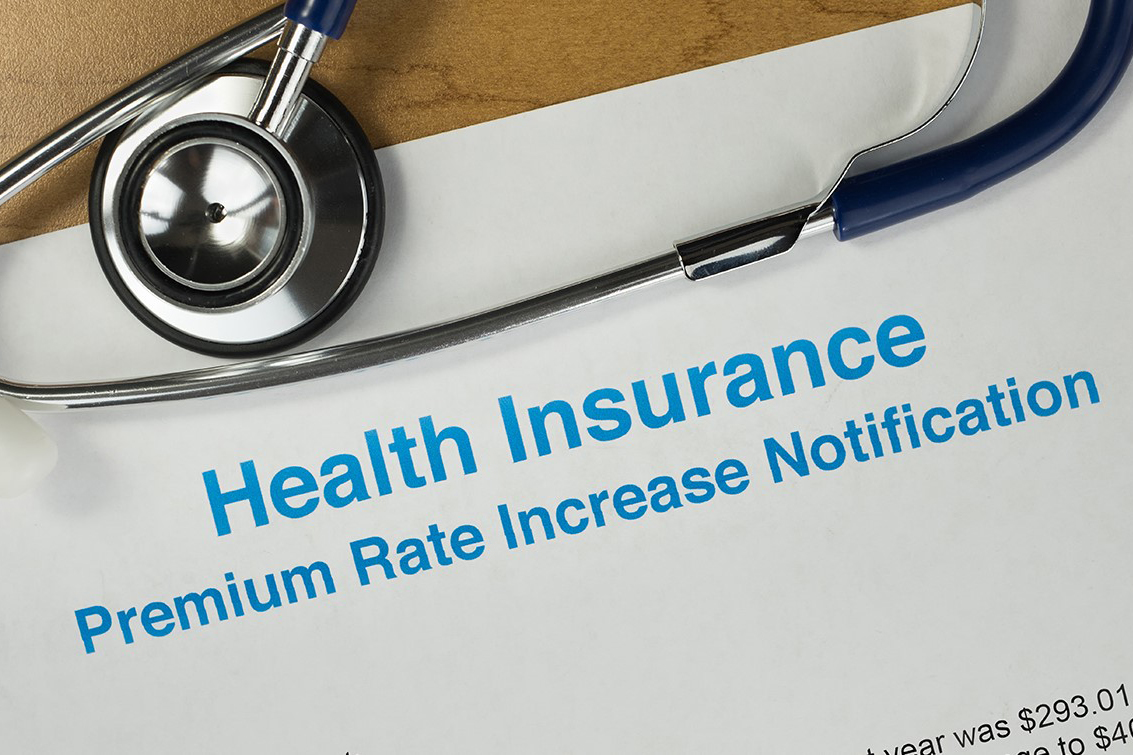
Arkansas receives an overall ranking of 44th out of the 50 states and the District of Columbia in The Commonwealth Fund’s recently released 2022 Scorecard on State Health System Performance. Arkansas was ranked 42nd in the previous scorecard, released in 2020, but this year’s report is generally based on 2020 data and includes several performance measures, some related to the COVID-19 pandemic, that were not in the previous report or have been revised.
Regionally, Arkansas is ranked 10th among 12 Southeastern states. It was ranked sixth in the 2020 report.
The 2022 report provides a state-by-state ranking of 49 distinct health indicators across categories related to access and affordability, prevention and treatment, avoidable hospital use and cost, healthy lives, and income disparity for the most recent year of data available for all measures. New to this report are rankings for COVID-19 measures and racial/ethnic disparity measures.
Measures contributing to Arkansas’s low overall performance include the number of adults who have lost six or more teeth, adults without dental visits, and premature deaths from treatable causes — all measures for which Arkansas is ranked last among states. A recent ACHI report offers additional detail on dental access challenges in Arkansas.
Measures for which the state’s rankings worsened the most since the last report included the number of children who are overweight or obese, the number of adults with any mental illness reporting unmet needs, and preventable hospitalizations for adults ages 18–64.
Arkansas achieved its best rankings for the following measures:
- Employer-sponsored insurance spending per enrollee (first, meaning Arkansas’s insurance was the least expensive).
- Home health patients with improved mobility (sixth).
- Primary care spending as share of total healthcare spending for adults ages 18–64 (seventh).
Although employer-sponsored insurance spending per enrollee is low in Arkansas, it has not historically translated into insurance affordability, as evidenced by the state’s ranking of 41st for employee insurance costs as a share of median income.
Arkansas ranked below the national average for five of the scorecard’s seven measures related to COVID-19 vaccination, deaths, and hospitalizations. Among them were:
- Adults age 18 and older who are fully vaccinated against COVID-19 and have received one booster (46th).
- Hospital admissions for confirmed COVID-19 cases (45th, meaning Arkansas had one of the highest per-capita rates of admissions).
- Excess deaths associated with COVID-19 (44th, meaning Arkansas had one of the highest per-capita rates of excess deaths).
Some promising components of the report include:
- Reduced rates of individuals under age 65 with high out-of-pocket medical costs relative to their annual household income.
- Reduced rates of children and adults not receiving mental health care or treatment.
- Reduced rates of avoidable emergency department visits for both employer-insured enrollees under age 64 and Medicare beneficiaries over age 65.
- Reduced rates of adults who report fair to poor health.
Some concerns in the report include:
- Increased rates of adults without a usual source of care.
- Increased rates of admissions for ambulatory care-sensitive conditions for adults ages 18–64.
- Increased rates of children who are overweight or obese.
- Lowest national ranking for adults who have not had a dental visit in the past year.
The 2022 report included state racial and ethnic health equity rankings. These measures reflect racial and ethnic disparities in Arkansas for populations of color, specifically Black and Latinx/Hispanic communities. Key insights from this section included:
- Black Arkansans experience an alarmingly higher mortality rate of 210 deaths per 100,000 population, compared to the national average of 87.
- Mortality rates for Black infants in Arkansas are double both the national average and the state average for all other racial and ethnic groups.
- Over a third of Latinx/Hispanic Arkansans ages 19–64 are uninsured (the national rate is 12%), and over half do not have a usual source of care (the national average is 23%).
- Forty percent of Black children in Arkansas have not received all recommended vaccinations, compared to a national average of 27%.
- Every racial and ethnic group in Arkansas experienced higher-than-average rates of adults not receiving dental care within the previous 12 months.
The full report for Arkansas is available on The Commonwealth Fund’s website, and a summary of the 2020 findings can be found on our website.






